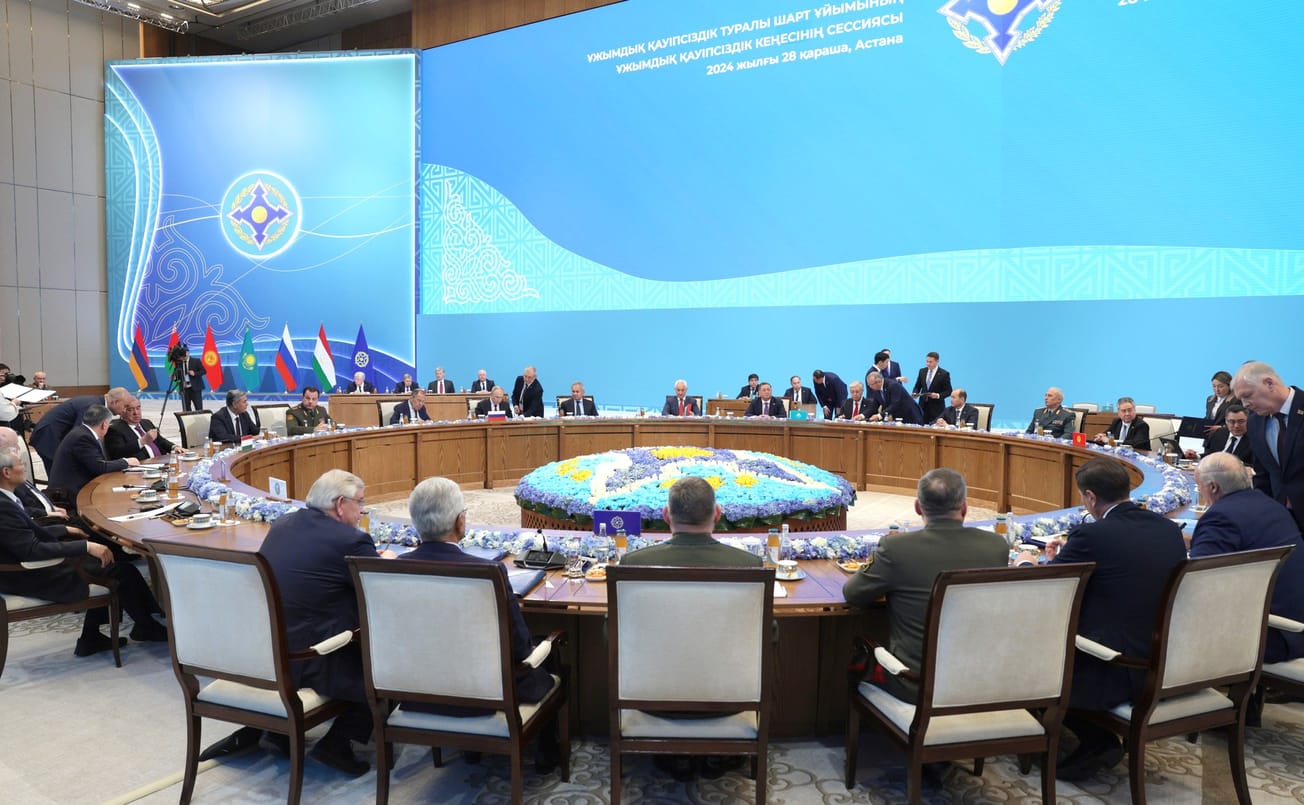The media storm against Chief of the German Navy Vice Admiral Kay-Achim Schönbach, over remarks he made on Russia at a confidential meeting last week with Indian diplomats at the think tank Manohar Parrikar Institute for Defense Studies and Analyses in New Delhi, is puzzling. What he actually said there is nothing that one could not have read in numerous Western defense and foreign policy publications before already. Confronted with this media hype, Schönbach decided to step down from his post on Jan. 23.
In essence, Schönbach had said the following: any sovereign country was entitled to join NATO if it met the democratic standards of the EU, there would never be “a right of Russia to a veto.” If Sweden and Finland wanted to join NATO, there would be no reason to refuse. Georgia also fulfills the conditions, but it would not be “smart” to admit Georgia at this point in time. Ukraine, on the other hand, does not meet the conditions “because part of the country has been occupied by another country,” namely the Donbas, “by the Russian army, or as Russia claims, by militias.” He does not believe that Russian President Vladimir Putin will “invade” Ukraine “because of a small strip of land,” saying that to believe that is “nonsense,” Schönbach said.
Putin, who must be countered, is using the situation to divide the EU, he said. Schönbach continued, “The Crimean peninsula is gone, it will not come back, that’s a fact.” Schönbach said what Putin “really wants is respect at eye level. And—my God—showing respect to somebody costs almost nothing, costs nothing. So you would ask me—but you don’t ask me—it’s easy to give him the respect he demands—and probably deserves.” Schönbach said he sees the bigger threat in China: “Even we, India, Germany, need Russia because we need Russia against China.”
The former Inspector General of the Bundeswehr and former Chairman of the NATO Military Committee Gen. Harald Kujat (ret.), has criticized the handling of Schönbach, who was barraged with criticism, including the Ukrainian Foreign Ministry summoning the German ambassador to Kiev in protest, and has now resigned. In a TV interview with the “Tagesschau24” program, Kujat said on Jan. 23, “If I were still in office, I would have stood in front of Admiral Schönbach, and I would have tried to prevent his dismissal—by any means necessary.”
Kujat cast doubt on whether Schönbach’s remarks constituted official misconduct. “He would have committed a service offense if he had violated the Soldiers’ Act and seriously impaired the reputation of the Bundeswehr or the respect and trust that his official position requires.” He does not see that, Kujat said. Criticism of Schönbach’s formulations is understandable, especially in a “heated situation,” he said. In essence, however, the latter had reflected the American position and thus that of Germany’s “closest ally.”
With regard to the current tense situation, Kujat said, “It must be in our interest to reach a reasonable result, to de-escalate and also to reach a détente with Russia and, of course, always taking into account Ukraine’s security interests. That is absolutely clear.” He further said that it was not acceptable “that we always only talk about war and not about how a war can be prevented.”
So, why this hype and scandal-mongering? The reason is likely to be sought with a look at other NATO countries: the fact that for some time, there has been emerging disunity among Alliance members about strategies with respect to Russia becomes more exposed to the public than ever before. For instance in France, also fuelled by the dispute with the United States over the its encouraging Australia to scrap an envisaged submarine agreement with the French, there is a debate going on about quitting the military integration of NATO; the Norwegian defense minister recently declared that his government does not want non-Norwegian Western troops along the country’s border with Russia; the British are pursuing a confrontation strategy against Russia without consulting with the other NATO partners; the fact that Germany is not backing an escalation against Russia and unlike other NATO members is not supplying weapons to Ukraine is well-known. And, most important, the Biden administration has entered a strategic dialogue with Russia which, if it leads to a new security architecture, would definitely make NATO in its present form obsolete.
Hawkish NATO geopoliticians most of all, but also many of those in the Western Alliance that are less bellicose, feel challenged by this move into unknown strategic territory, rushing into a show of unity where there isn’t any in NATO. Schönbach is a sacrificial lamb to the worship of this aura of Western unity. The whole affair is not going to interrupt the strategic process that has begun between the U.S.A. and Russia.



